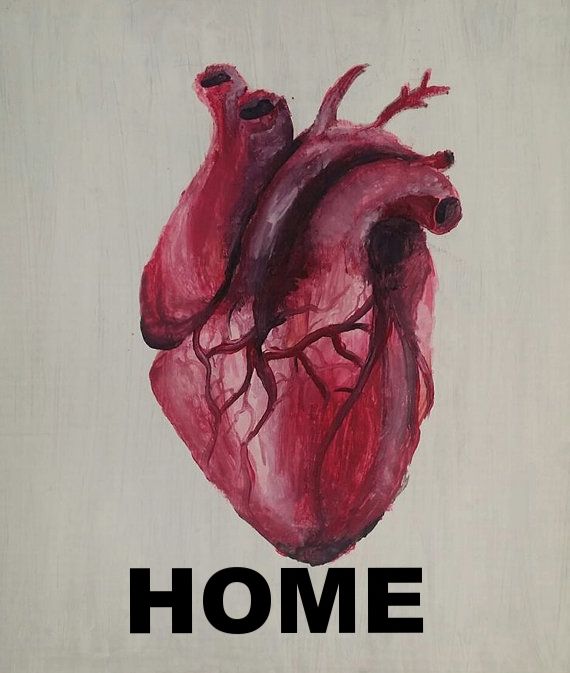Death and sickness don’t take holidays. So on Christmas Eve and Christmas Day, hospitals will be full of people needing medical care, and many health care professionals will be at their posts.
As a medical student, I didn’t give much thought to what it meant to spend the holidays in the hospital. Then, while I was doing a surgery rotation at the VA in Atlanta, I met Mr. G.
Still sporting a military haircut, he managed to look well-groomed, even in a hospital gown. Though he tried to act like a tough guy, he was very sweet and respectful. He asked me how school was going and showed me pictures of his granddaughter.
Whenever I asked him how he was doing, he’d stoically respond, “I’m fine.” But he wasn’t improving as quickly as we hoped. When I told him he needed to spend Christmas in the hospital, he began to cry. “I just wanted to see my little girl,” he sobbed, embarrassed.
I sat there, at a loss for words, until he finished crying.
Not knowing how to comfort Mr. G that day, I went home and made gift bags for all of the patients on my service. I brought them to the hospital and asked the resident physician to hand them out. Then I went home to my own family for Christmas.
Six months after graduating from medical school, I was an intern in the intensive care unit of a large teaching hospital in Cambridge, Mass. It was my first Christmas spent working, and I wasn’t prepared for how hard it would be.
Some businesses slow down around Christmastime. That doesn’t happen to hospitals. Deaths tend to peak in the last week of December. It had been an especially busy month in my ICU, and many of our patients had died.
My co-residents and I spent Christmas Day managing ventilators, checking blood pressures, calling families, and consulting on some of the sickest patients in the emergency room. I felt a solidarity with my patients, the families that came to visit them, and my co-workers. We were all in this together.
I was especially grateful for the nurses, who comforted not only the patients but also me and the other young doctors, many of whom were spending their first Christmas away from their families. The nurses decorated the resident work room with snowflakes with our names and snowmen wearing telemetry boxes. They caroled through the hospital, and had brought in homemade food.
That day I spent time with Ms. M and her dying mother. Ms. M spent hours in the hospital, silently holding her mother’s hand. When she agreed it was time to let her mother go, we turned off her pacemaker. They spent the night in a private room, as our team supported both of them. Quietly, peacefully, our patient passed away. I was glad we could give Ms. M and her mother the gift of time together.
In the face of that kind of loss, not to mention the even harder losses caused by accidental or sudden deaths, it can be difficult for physicians, nurses, and other health care workers to acknowledge their own loneliness and suffering. But ignoring our own sacrifices means not being able to fully empathize with our patients, to accept the warmth and kindness of our colleagues, and to provide the kind of support needed by younger physicians-in-training.
This year I get to spend Christmas with my family, thanks to my colleagues who will be on call. I wish my patients — and everyone who is in the hospital — a speedy recovery. For those doctors, nurses, support staff, and first responders working on the holiday, thank you for taking care of our patients. I promise to pay it forward.
Originally published on StatNews



